A minimal and colorful Go logging library. 🪵
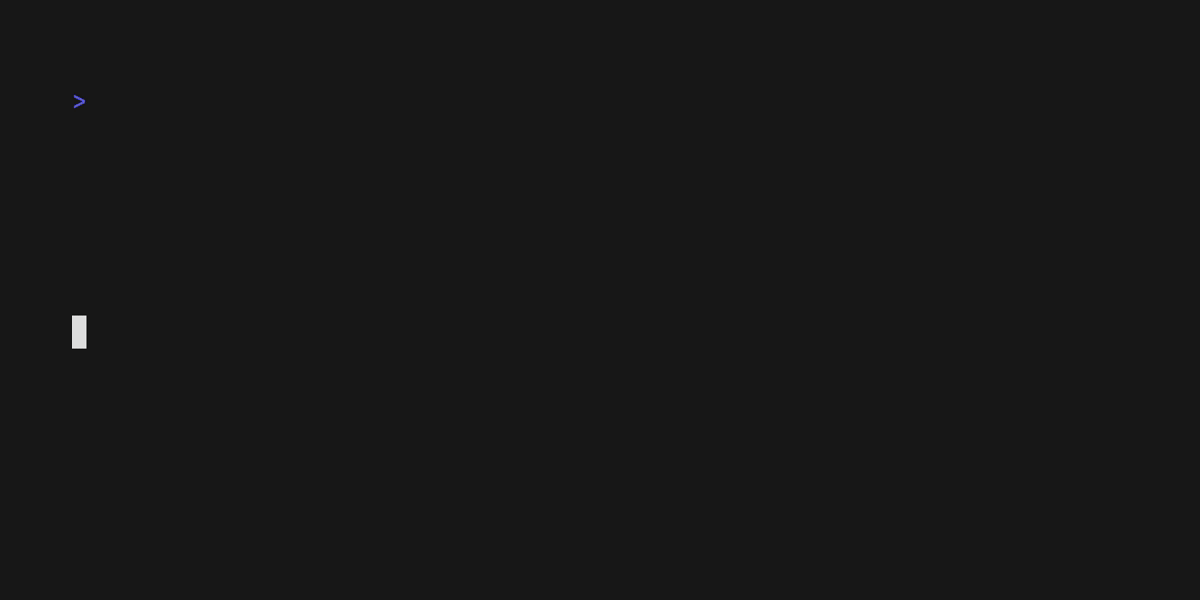
It provides a leveled structured human readable logger with a small API. Unlike
standard log, the Charm logger provides customizable colorful human
readable logging with batteries included.
- Uses Lip Gloss to style and colorize the output.
- Colorful, human readable format.
- Ability to customize the time stamp format.
- Skips caller frames and marks function as helpers.
- Leveled logging.
- Text, JSON, and Logfmt formatters.
- Store and retrieve logger in and from context.
- Standard log adapter.
Use go get to download the dependency.
go get github.com/charmbracelet/log@latestThen, import it in your Go files:
import "github.com/charmbracelet/log"The Charm logger comes with a global package-wise logger with timestamps turned
on, and the logging level set to info.
log.Debug("Cookie 🍪") // won't print anything
log.Info("Hello World!")
All logging levels accept optional key/value pairs to be printed along with a message.
err := fmt.Errorf("too much sugar")
log.Error("failed to bake cookies", "err", err)
You can use log.Print() to print messages without a level prefix.
log.Print("Baking 101")
// 2023/01/04 10:04:06 Baking 101Use New() to create new loggers.
logger := log.New(os.Stderr)
if butter {
logger.Warn("chewy!", "butter", true)
}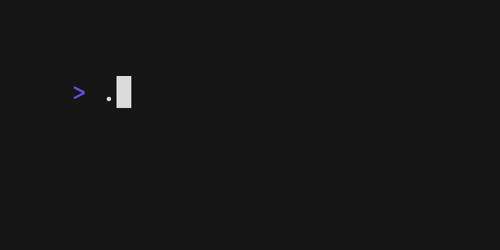
Log offers multiple levels to filter your logs on. Available levels are:
log.DebugLevel
log.InfoLevel
log.WarnLevel
log.ErrorLevel
log.FatalLevelUse log.SetLevel() to set the log level. You can also create a new logger with
a specific log level using log.Options{Level: }.
Use the corresponding function to log a message:
err := errors.New("Baking error 101")
log.Debug(err)
log.Info(err)
log.Warn(err)
log.Error(err)
log.Fatal(err) // this calls os.Exit(1)
log.Print(err) // prints regardless of log levelOr use the formatter variant:
format := "%s %d"
log.Debugf(format, "chocolate", 10)
log.Warnf(format, "adding more", 5)
log.Errorf(format, "increasing temp", 420)
log.Fatalf(format, "too hot!", 500) // this calls os.Exit(1)
log.Printf(format, "baking cookies") // prints regardless of log level
// Use these in conjunction with `With(...)` to add more context
log.With("err", err).Errorf("unable to start %s", "oven")All the functions above take a message and key-value pairs of anything. The message can also be of type any.
ingredients := []string{"flour", "butter", "sugar", "chocolate"}
log.Debug("Available ingredients", "ingredients", ingredients)
// DEBUG Available ingredients ingredients="[flour butter sugar chocolate]"You can customize the logger with options. Use log.NewWithOptions() and
log.Options{} to customize your new logger.
logger := log.NewWithOptions(os.Stderr, log.Options{
ReportCaller: true,
ReportTimestamp: true,
TimeFormat: time.Kitchen,
Prefix: "Baking 🍪 "
})
logger.Info("Starting oven!", "degree", 375)
time.Sleep(10 * time.Minute)
logger.Info("Finished baking")
You can also use logger setters to customize the logger.
logger := log.New(os.Stderr)
logger.SetReportTimestamp(false)
logger.SetReportCaller(false)
logger.SetLevel(log.DebugLevel)Use log.SetFormatter() or log.Options{Formatter: } to change the output
format. Available options are:
log.TextFormatter(default)log.JSONFormatterlog.LogfmtFormatter
Note styling only affects the
TextFormatter. Styling is disabled if the output is not a TTY.
For a list of available options, refer to options.go.
You can customize the logger styles using Lipgloss. The styles are defined at a global level in styles.go.
// Override the default error level style.
log.ErrorLevelStyle = lipgloss.NewStyle().
SetString("ERROR!!").
Padding(0, 1, 0, 1).
Background(lipgloss.AdaptiveColor{
Light: "203",
Dark: "204",
}).
Foreground(lipgloss.Color("0"))
// Add a custom style for key `err`
log.KeyStyles["err"] = lipgloss.NewStyle().Foreground(lipgloss.Color("204"))
log.ValueStyles["err"] = lipgloss.NewStyle().Bold(true)
log.Error("Whoops!", "err", "kitchen on fire")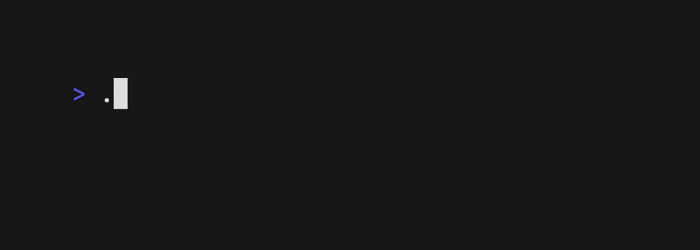
Create sub-loggers with their specific fields.
logger := log.NewWithOptions(os.Stderr, log.Options{
Prefix: "Baking 🍪 "
})
batch2 := logger.With("batch", 2, "chocolateChips", true)
batch2.Debug("Preparing batch 2...")
batch2.Debug("Adding chocolate chips")
You can use fmt.Sprintf() to format messages.
for item := 1; i <= 100; i++ {
log.Info(fmt.Sprintf("Baking %d/100...", item))
}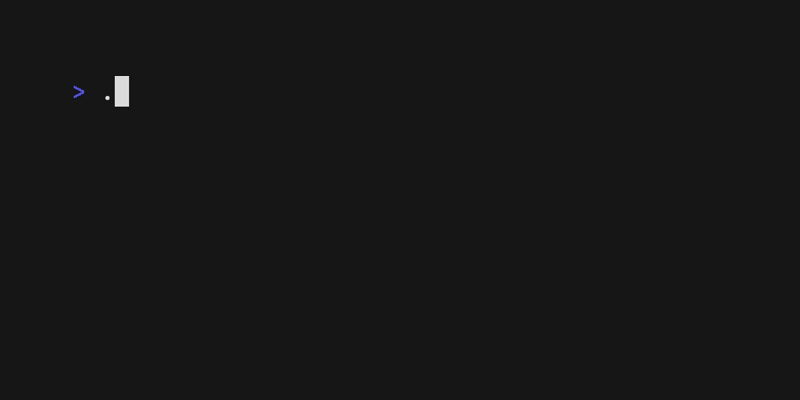
Or arguments:
for temp := 375; temp <= 400; temp++ {
log.Info("Increasing temperature", "degree", fmt.Sprintf("%d°F", temp))
}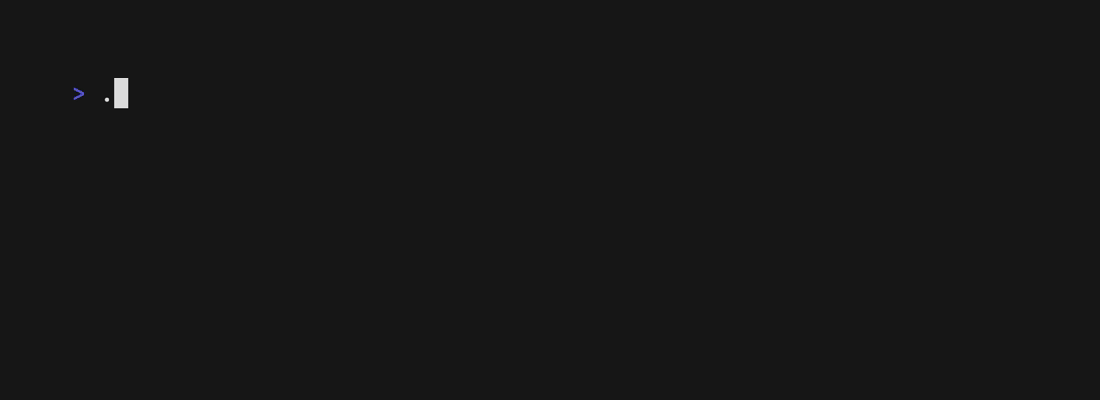
Skip caller frames in helper functions. Similar to what you can do with
testing.TB().Helper().
function startOven(degree int) {
log.Helper()
log.Info("Starting oven", "degree", degree)
}
log.SetReportCaller(true)
startOven(400) // INFO <cookies/oven.go:123> Starting oven degree=400
This will use the caller function (startOven) line number instead of the
logging function (log.Info) to report the source location.
Some Go libraries, especially the ones in the standard library, will only accept
the standard logger interface. For instance, the HTTP Server from
net/http will only take a *log.Logger for its ErrorLog field.
For this, you can use the standard log adapter, which simply wraps the logger in
a *log.Logger interface.
logger := log.NewWithOptions(os.Stderr, log.Options{Prefix: "http"})
stdlog := logger.StandardLog(log.StandardLogOptions{
ForceLevel: log.ErrorLevel,
})
s := &http.Server{
Addr: ":8080",
Handler: handler,
ErrorLog: stdlog,
}
stdlog.Printf("Failed to make bake request, %s", fmt.Errorf("temperature is too low"))
// ERROR http: Failed to make bake request, temperature is too lowPart of Charm.
Charm热爱开源 • Charm loves open source • نحنُ نحب المصادر المفتوحة



